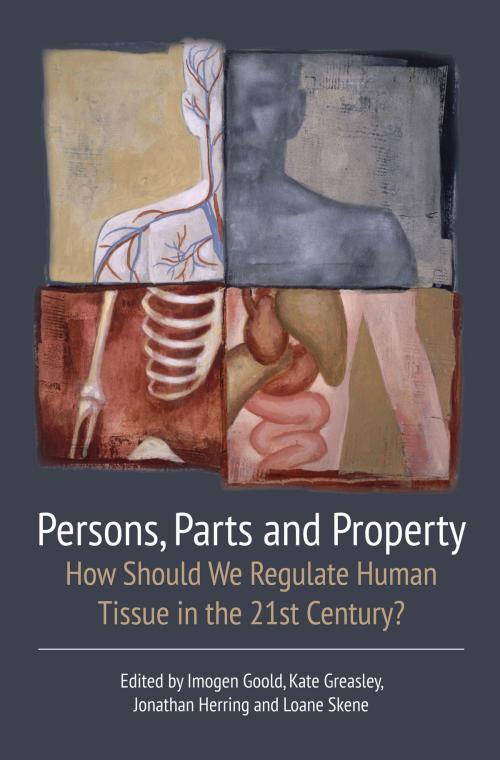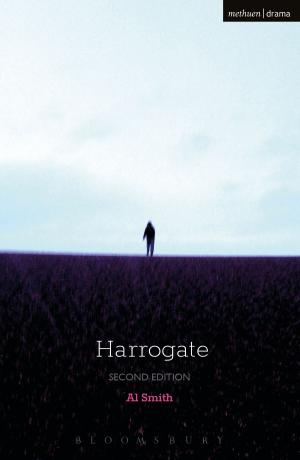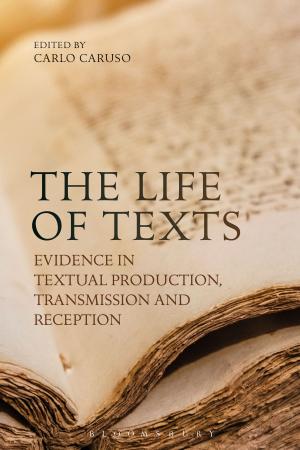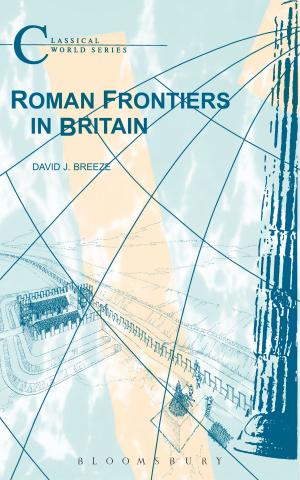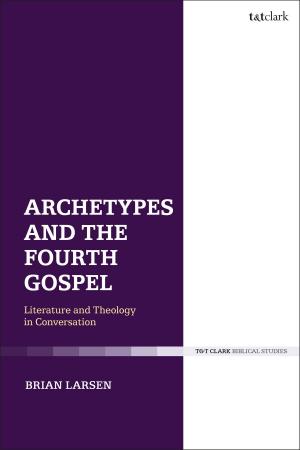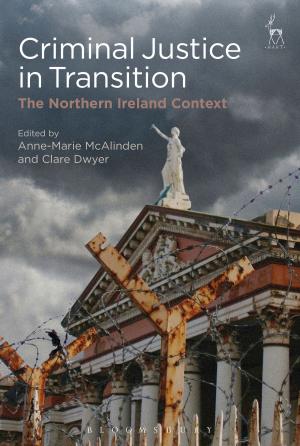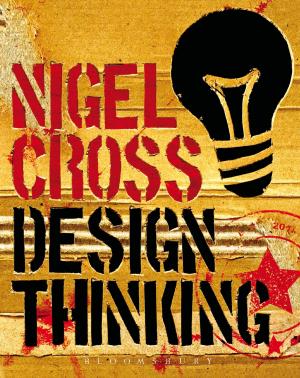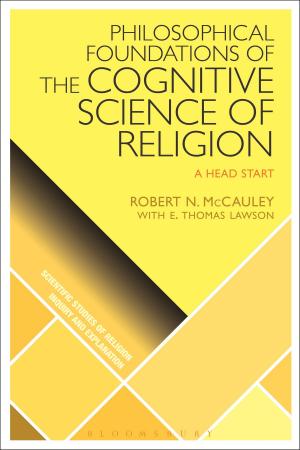Persons, Parts and Property
How Should we Regulate Human Tissue in the 21st Century?
Nonfiction, Reference & Language, Law, Medical Law & Legislation| Author: | ISBN: | 9781782254799 | |
| Publisher: | Bloomsbury Publishing | Publication: | September 25, 2014 |
| Imprint: | Hart Publishing | Language: | English |
| Author: | |
| ISBN: | 9781782254799 |
| Publisher: | Bloomsbury Publishing |
| Publication: | September 25, 2014 |
| Imprint: | Hart Publishing |
| Language: | English |
The debate over whether human bodies and their parts should be governed by the laws of property has accelerated with the pace of technological change. Having long held that a corpse could not be property, the common law first recognised that there could be a property interest in human tissue in some circumstances in the early 1900s, but it was not until a string of judicial decisions and statutory regulation in the 1990s and early 2000s that the place of this 'exception' was cemented. The 2009 decision of the Court of Appeal of England and Wales in Yearworth & Ors v North Bristol NHS Trust added a new dimension to the debate by supporting a move towards a broader, more principled basis for finding (or rejecting) property rights in human tissue. However, the law relating to property rights in human bodies and their parts remains highly contested. The contributions in this volume represent a collation of the broad spectrum of analyses on offer, and provide a detailed exploration of the salient legal and theoretical puzzles arising out of the body-as-property question.
The debate over whether human bodies and their parts should be governed by the laws of property has accelerated with the pace of technological change. Having long held that a corpse could not be property, the common law first recognised that there could be a property interest in human tissue in some circumstances in the early 1900s, but it was not until a string of judicial decisions and statutory regulation in the 1990s and early 2000s that the place of this 'exception' was cemented. The 2009 decision of the Court of Appeal of England and Wales in Yearworth & Ors v North Bristol NHS Trust added a new dimension to the debate by supporting a move towards a broader, more principled basis for finding (or rejecting) property rights in human tissue. However, the law relating to property rights in human bodies and their parts remains highly contested. The contributions in this volume represent a collation of the broad spectrum of analyses on offer, and provide a detailed exploration of the salient legal and theoretical puzzles arising out of the body-as-property question.
